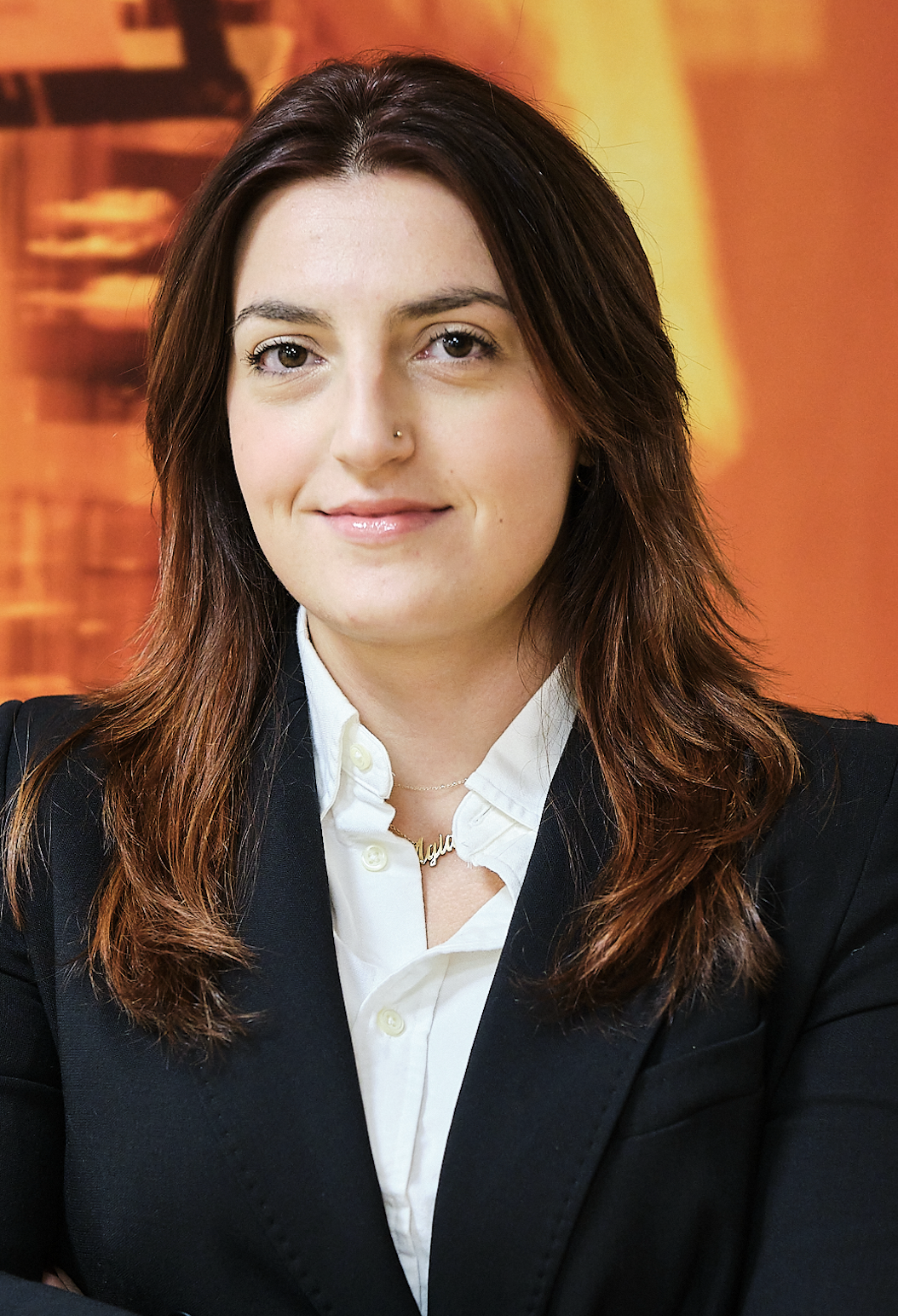
What is your name?
Aglaia Freccero
Where are you from?
Turin, Italy
To which class you belong to?
MSc Translational Neuroscience 2022
Where and what did you study before joining Imperial College London?
BSc Biomedical Sciences at University College London
How did you find your Master experience at the College?
My Master’s experience has been extremely insightful and rewarding. The modules taught me about various aspects of the neuroscience field, and the research project allowed me to apply that knowledge in practice. I appreciated the guidance and support of the academic staff and had the opportunity to learn from and work with world-leading researchers, as well as brilliant peers
Which research project did you work on?
For my MSc research project, I joined Dr Martina Di Simplico’s lab in the Division of Psychiatry. I researched motivational abnormalities in young people with binging and purging behaviour as part of the iMAGine Study. In particular, I investigated the role of attentional biases towards food and body shape cues and their interaction with negative affect in driving eating disorder psychopathology. I am now in the process of publishing the results of my thesis
Where are you now?
I am still in the Department of Brain Sciences at Imperial, in the Division of Psychiatry. I am now in the second year of my PhD. Following my MSc, I graduated with a Master’s in Public Health at Imperial to translate my experience in clinical mental health research at a population level
What are you working on?
My PhD project investigates the potential of delivering AI-informed mobile behavioural interventions to support adolescents’ mental health in schools. Due to the ubiquitous use of smartphones among adolescents, mobile mental health apps might constitute a promising scalable tool for mental health prevention and early intervention. My project integrates clinical, social and data science. I am being supervised by Prof Dasha Nicholls, Dr Martina Di Simplicio and Dr Lindsay Dewa
What is the most important lesson you learnt as a Master student?
The biggest lesson I have learnt during the Master’s is to be able to carry out research independently. I believe that my Master’s experience has truly been the start of my journey to mature as a scientist. The MSc taught me how to take ownership of my research, develop appropriate research questions and methodologies and overcome challenges when things do not go as planned
How did the Master programme help you get to where you are now?
The knowledge, skills and network I acquired during my Master’s programme have been fundamental in helping me to get where I am now and being awarded the President’s PhD scholarship. The welcoming environment of the Division of Psychiatry and the solid relationships I built with my supervisors also played a significant role in my decision to stay in the Department of Brain Sciences for my PhD